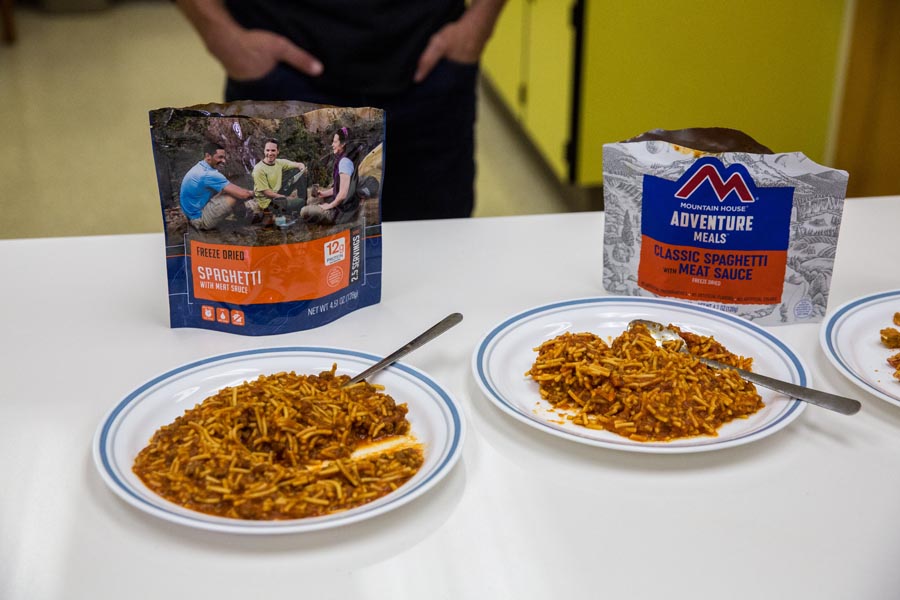Indonesia, renowned for its rich cultural heritage and diverse culinary landscape, stands poised to expand its influence through the realm of gastro diplomacy. Gastrodiplomacy, the strategic use of cuisine to foster diplomatic relations and promote national image abroad, presents an enticing avenue for Indonesia to showcase its culinary prowess on the global stage. With a growing trend towards plant-based diets in Europe, Indonesian cuisine can seize this opportunity to introduce its vibrant flavors and traditional dishes through innovative plant-based offerings. This article explores the potential for Indonesia to enhance its gastro diplomacy by embracing plant-based meals in Europe, backed by research and market trends.
Exploring Gastrodiplomacy: Gastrodiplomacy has emerged as a potent tool for nations to enhance their soft power and cultural influence globally. Through the universal language of food, countries can convey their heritage, values, and traditions to international audiences, fostering goodwill and enhancing diplomatic relations. For Indonesia, renowned for its diverse culinary heritage spanning across thousands of islands, gastro diplomacy presents an avenue to showcase its unique flavors and culinary traditions to the world.
The Rise of Plant-Based Cuisine: In recent years, there has been a notable shift towards plant-based diets driven by concerns over health, sustainability, and animal welfare. Europe, in particular, has witnessed a surge in demand for plant-based alternatives, with consumers increasingly opting for vegetarian and vegan meals. This trend is not merely confined to niche markets but has permeated mainstream dining culture, with restaurants, supermarkets, and food manufacturers responding to the growing demand for plant-based options.
Indonesian Cuisine Meets Plant-Based Innovation: Indonesian cuisine, with its vibrant array of spices, fresh herbs, and exotic flavors, is well-suited to captivate the palates of plant-based enthusiasts in Europe. Traditional Indonesian dishes often feature an abundance of vegetables, legumes, and plant-based proteins, making them inherently compatible with vegetarian and vegan diets. Dishes like Gado-Gado, a colorful salad with peanut sauce, or Tempeh Satay, skewered grilled tempeh served with peanut sauce, exemplify the fusion of Indonesian flavors with plant-based ingredients.
Research Supporting Plant-Based Expansion: Research indicates a significant opportunity for Indonesian cuisine to expand its presence in Europe through plant-based offerings. According to market studies, the European plant-based food market is projected to experience robust growth in the coming years, driven by increasing consumer awareness of health and sustainability concerns. Furthermore, surveys suggest that a growing number of Europeans are open to trying new and exotic cuisines, presenting an ideal opportunity for Indonesian cuisine to make its mark.
A Case for Gastrodiplomacy: By embracing plant-based cuisine as a cornerstone of its gastrodiplomatic efforts, Indonesia can enhance its global image and strengthen ties with European nations. Plant-based Indonesian dishes not only cater to the preferences of health-conscious consumers but also align with the principles of sustainability and environmental stewardship. Moreover, by promoting plant-based options, Indonesia can position itself as a leader in innovative culinary practices, showcasing its commitment to healthy living and ecological sustainability.
Strategies for Implementation: To capitalize on the potential of plant-based gastro diplomacy, Indonesia can adopt several strategic initiatives:
- Culinary Promotion: Collaborate with renowned chefs, culinary influencers, and food bloggers in Europe to showcase the versatility and appeal of Indonesian plant-based cuisine through cooking demonstrations, recipe collaborations, and culinary events.
- Restaurant Partnerships: Forge partners with restaurants and food establishments across Europe to feature Indonesian plant-based dishes on their menus. Provide training and support to chefs to ensure authentic preparation and presentation of Indonesian cuisine.
- Food Expositions and Festivals: Participate in international food expositions and festivals in Europe to introduce Indonesian plant-based dishes to a broader audience. Create immersive culinary experiences that highlight the cultural heritage and diversity of Indonesian cuisine.
- Educational Initiatives: Launch educational campaigns to raise awareness about Indonesian cuisine, its cultural significance, and the health benefits of plant-based eating. Engage with local communities, schools, and universities to promote cross-cultural understanding and appreciation of Indonesian gastronomy.
As the demand for plant-based cuisine continues to rise in Europe, Indonesia has a unique opportunity to leverage its rich culinary heritage to strengthen diplomatic ties and enhance its global standing. By embracing plant-based gastronomy as a cornerstone of its diplomatic outreach, Indonesia can showcase the diversity and vibrancy of its cuisine while promoting sustainability and healthy living on the world stage. Through strategic partnerships, culinary promotion, and educational initiatives, Indonesia can expand its gastro diplomacy footprint in Europe, fostering goodwill and cultural exchange one plant-based meal at a time.




